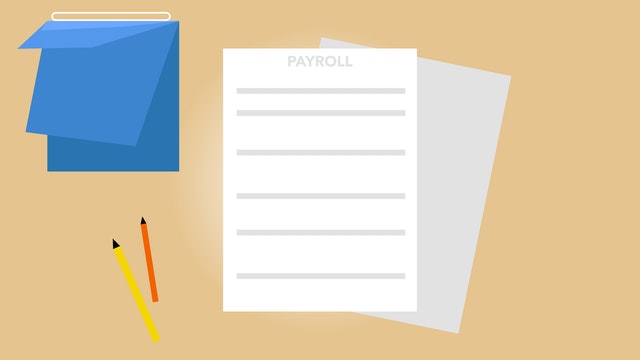Beware of “Rogue” Research & Development Consultants:
In recent years HMRC have identified and successfully challenged a number of spurious claims for Research and Development (R&D) tax credit relief made by purported ‘R&D Consultants’.
Many of these claims have been for projects that did not satisfy the criteria for the tax relief and some included overstated expenditure and consequently have been abusing the scheme.
The R&D rules offer legitimate claims generous tax breaks. For a company that is a Small or Medium-sized Entity (SME), qualifying expenditure attracts a tax deduction of 230% of the amount spent which can then be traded in for a tax refund of 14.5% if the company is loss making. Thus £100,000 of qualifying R&D expenditure would potentially result in a tax refund to a loss-making company of £33,350. Most R&D consultants charge a fee based on the amount of the claim.
To qualify for R&D relief, the expenditure must be incurred as part of a specific project to make an advance in science or technology. The project must relate to the company’s trade – either an existing one, or one that the directors intend to start up, based on the results of the R&D.
Further, the company must be able to explain how a project:
- looked for an advance in science and technology;
- had to overcome uncertainty;
- tried to overcome this uncertainty; and
- could not be easily worked out by a professional in the field.
In summary, R&D claims are often very worthwhile, but a number of strict requirements must first be met. If you are approached by an R&D Consultant or otherwise believe you may be incurring eligible R&D expenditure, please talk to us and we will help you file a compliant claim.
Need more information?
Do you need a trusted R&D Tax Relief Consultant for your business?
If you want to learn about how we can help you make a claim, or simply want some tax advice you can rely on, then please don’t hesitate to contact us. You can fill out a form below or call us on 0161 962 1855.




























